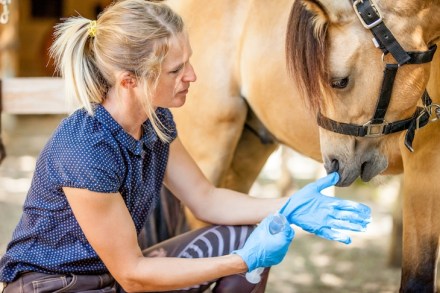As long as jokes remain legal I’ll keep on making them
Mr Benn has been in touch because he wants a right of reply to an article I wrote about my horse insurance. Yes, I am aware that sentence makes no sense, but this is the world we live in. You may remember I was surprised to receive my insurance documents for Darcy the thoroughbred with a covering letter from the 1970s children’s TV character. For reasons I could not make out, my insurers had gone from being a reassuringly serious-looking outfit called Equine and Livestock to being called the Insurance Emporium in big loopy letters with a logo that was a bowler-hatted, waving Mr Benn. All things considered, the incongruity













